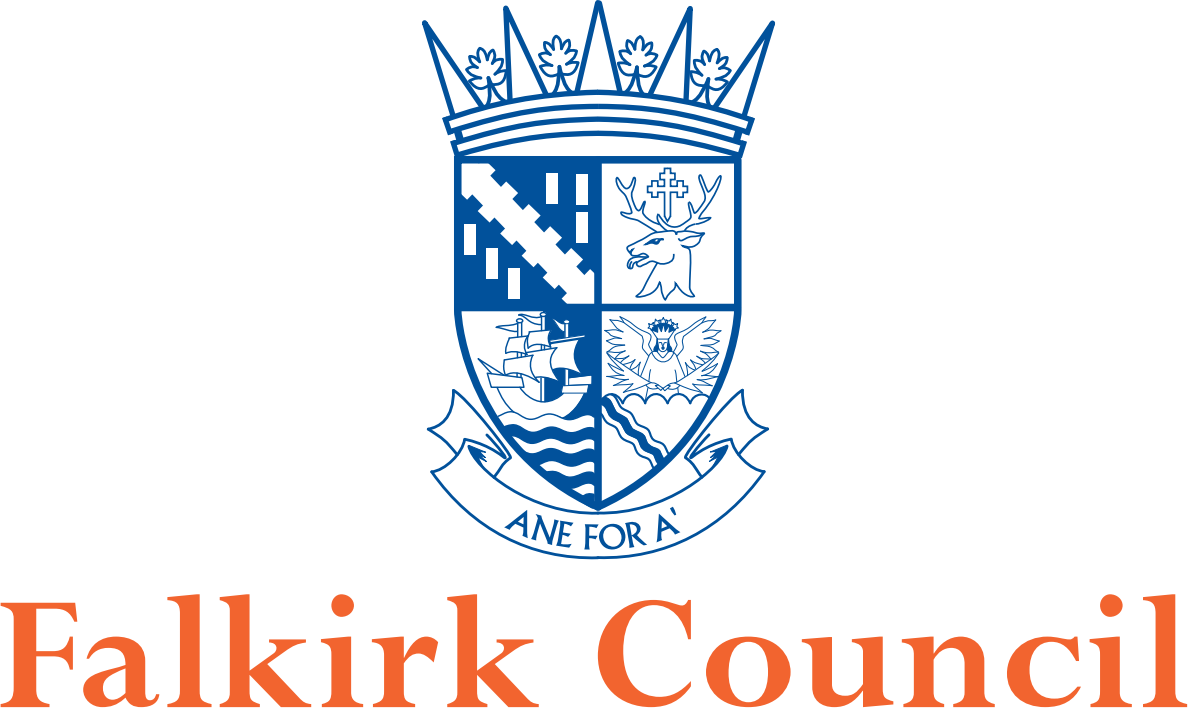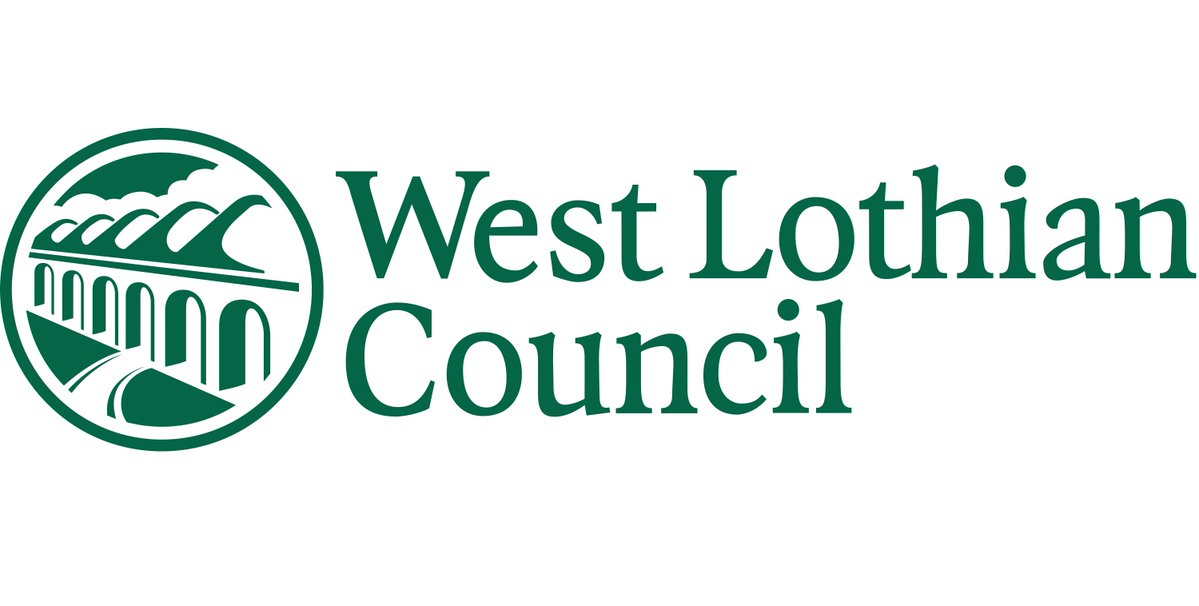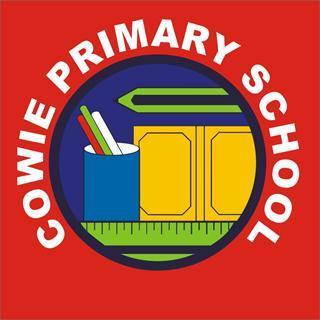



Set up in 2017, the
Forth Valley and West Lothian Regional Improvement Collaborative supports the
teaching, learning and practice of teachers across the four local authorities
which make up the RIC. These are: Clackmannanshire, Falkirk, Stirling and West
Lothian. Within the FVWL RIC, there are 173 primary schools, 29 secondary
schools and 16 ASN schools, serving approximately 68,000 learners. 60 data
zones across the RIC fall withinthe most deprived in Scotland, according to
SIMD 2016. The SIMD 2020 report highlights very little change to this where the
data obtained from each of the four local authorities has changed by less than
2 percentage points. Clackmannanshire is a Scottish Attainment Challenge
Authority and there are some Scottish Attainment Challenge schools in the other
three local authorities.
Across the FVWL
Regional Improvement Collaborative, French is the predominant L2 language,
however Spanish is taught as an L2 in a few clusters. Each local authority has
either a dedicated 1+2 Development Officer or staff member with responsibility
for 1+2 across their authority. Since 2020/21, teachers from all four local
authorities have the opportunity to engage in the RIC- wide Leadership of
Languages programme. This builds on the joint programme that was set up by Falkirk
and West Lothian in 2017. The programme is designed to support practitioners
and school language leads with various aspects of language teaching, supporting
their professional development. Within the Leadership of Languages programme,
parental engagement and family learning is a key component where participants
are encouraged to explore opportunities in which parents and families can
support their child’s language(s) learning.
About the educational establishments and their
learners
 School: Cowie Primary School
School: Cowie Primary School
Authority: Stirling Council
Stage of Learners: P5
Cowie Primary School
is non-denominational school located in the Stirlingshire village of Cowie and
is situated 4 miles to the south-east of Stirling. The school serves
approximately 150 pupils and, according to The Scottish Index of Multiple
Deprivation (SIMD), the majority of Cowie Primary School’s pupils live within
the most deprived data zones. The school was opened in August 1886 and extended
in 1903 and 1911. Having undergone a period of extensive refurbishment in
recent years, the school building now features well-equipped and bright
classrooms, flexible learning spaces, combined gym hall and dining room, new
library and a Cowie Community Room. The school’s outdoor space comprises of a
large playground with seating areas, a grassy area which has been fenced off
and a quiet garden which Citizenship groups have developed.
In recognition of the
positive reading culture developed by the school, Cowie Primary School has been
successful in the First Minister’s Reading Challenge Awards. In 2019, the
school scooped the prestigious School Reading Journey Prize and in the same
year had their brand new school library opened by Sir Chris Hoy. Following on
from the success in 2019, Cowie Primary School was recognised again in 2021 in
the First Minister’s Reading Challenge Awards and received a ‘Highly Commended’
by judges in the School and Community Partnership Award. This was in recognition
of the ongoing commitment by the school in encouraging reading for pleasure and
maintaining a positive reading culture.
Cowie Primary School
is within the Bannockburn cluster where, at Bannockburn High School, pupils
have the opportunity to study French and Spanish, with blocks of Mandarin in
S1/2.
 School: St Bernadette’s Primary School
School: St Bernadette’s Primary School
Authority: Falkirk Council
Stage of Learners: P6
St Bernadette's
Primary School is a denominational primary school located in Stenhousemuir
within the Falkirk Council Local Authority. The school provides education at
all stages from nursery through to P7, with a current role of 163 pupils in
school with an additional 40 pupils in the nursery. The majority of pupils who
attend St Bernadette’s live within Quintile 8 or above, according to the Scottish
Index of Multiple Deprivation. St Bernadette’s Primary is within the St Mungo’s
Learning Community where pupils have the opportunity to study French and
Spanish at St Mungo’s High School.
St Bernadette’s
Primary enjoys success in a wide range of curricular areas. In 2019, the school
was awarded the Digital Schools Award in recognition of the school’s promotion
of digital skills in the classroom.
 School: Fishcross Primary School
School: Fishcross Primary School
Authority: Clackmannanshire Council
Stage of Learners: P1
Fishcross Primary School is a small
non-denominational school located in Fishcross village, Clackmannanshire. The
school is situated between the town of Alloa, sitting on the River Forth and
the Ochil Hills. Fishcross Primary School opened on 6 September 1875 and the
school building was extended and modernised extension in 1991. The school has
four classrooms in addition to a well-equipped gym hall and a dining room. It
is situated within pleasant surroundings and has a garden designed and
sponsored by Scottish Power which offers a wealth of opportunities for
environmental education and outdoor learning.
The school serves around 69 pupils and
its roll is a mix of catchment children and placing requests. The majority of Fishcross Primary School’s
pupils live within the most deprived data zones according to the Scottish Index
of Multiple Deprivation (SIMD). Fishcross Primary is within the Lornshill
Academy cluster where pupils have the opportunity to study French and German.
 School: Sauchie ELC
School: Sauchie ELC
Authority: Clackmannanshire Council
Stage of Learners: Pre-school
Sauchie Early Learning and Childcare Centre is a stand-alone
establishment that serves children aged 3-5, with places available for eligible
2 year olds. The Centre is registered to accommodate 103 children at any one
time with 15 of the spaces allocated to the 2 year olds. Although Sauchie ELC
is located in Sauchie, it welcomes children from across the local authority of
Clackmannanshire and offers 3 different models of provision to support the
needs of families within the local authority.
Sauchie ELC has recently received a Toward Excellence Award for community
and partnership collaboration with their Community and Learning Team and local
primary schools: Craigbank Primary, Deerpark Primary, Fishcross Primary. In
addition, the Centre was awarded the Diamond Award for their work with
improving language skills through the ‘Language is Fun Together’ initiative,
being the first nursery in the Forth Valley to receive this award. The centre has achieved the Bronze Rights Respecting Schools Award and is working towards Silver.
The centre was awarded £2000 but the Scottish Library Improvement Fund last year. This has helped them to launch the Sauchie Storytellers initiative, which is encouraging parents to participate and contribute to developing their comprehension skills.
The centre works closely with the local community and won an award for its mini-cluster work with schools in 2019 . This has since extended in its 50th celebration year and they work closely with their community voluntary organisations and other agencies too.
The centre is working towards achieving its STEM award and is dedicated to promoting this across the ELC setting, in all aspects of learning, by having s STEM lead practitioner.
 School: Westfield Primary School and Nursery Class
School: Westfield Primary School and Nursery Class
Authority: West Lothian Council
Stage of Learners: P5-7
Westfield Primary
School is a small school situated in the Westfield area of West Lothian
welcoming pupils from Nursery through to P7. The school is non-denominational
and serves around 42 pupils mostly in composite classes, with 12 children in
attendance in the nursery. The majority of pupils attending Westfield Primary
live within Quintile 3, according to the Scottish Index of Multiple (SIMD). Westfield
Primary School is within the Linlithgow High School cluster where pupils have
the opportunity to study French, Spanish and German.
Westfield Primary has
recently adopted an agile approach to learning, ensuring the curriculum
reflects pupil’s voice, pupil interests and passions. To accommodate this, the
school has transformed its learning spaces to facilitate creativity, curiosity,
exploration, innovation, and enjoyment for all pupils. These spaces allow for
pupil collaboration across stages, including working with all staff members on
projects they are interested in. This whole-school transformation has been
pupil-led where pupils created new floor plans to support this innovative
approach and rearranged the school accordingly. This
change in approach follows on from a 3 year period of exploring and investigating other ways
of ‘doing school’ in which to support the needs of all learners
successfully.